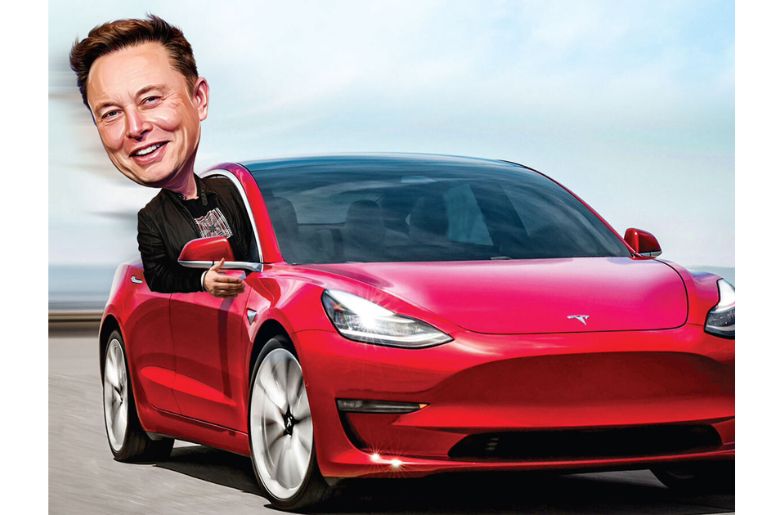With stores slated for key cities like Delhi and Mumbai, Tesla is anticipated to make its debut in India in the second half of 2025. The American automaker has started testing the Model Y Juniper, the first vehicle anticipated to be sold in India, on Indian roads ahead of the debut.
After a series of Elon’s notorious Twitter teasers and political back-and-forth, speculations indicate that Tesla may make its debut in India as early as this month, July 2025, albeit the precise launch date has not yet been verified.
Nonetheless, a number of new electric car models from well-known manufacturers like Tata, Mahindra, MG, Citroën, and even the Chinese firm BYD are available in India. It’s worthwhile to see how Tesla compares to them.
As early as 2017, Tesla was hinted at making its debut in India; however, a number of obstacles emerged, such as the government’s reluctance to lower the company’s import taxes.
Due to one of the highest import taxes in the world on imported vehicles, Tesla buyers would have to pay almost twice as much to have their vehicle imported into India.
But since then, India’s electric vehicle market has grown rapidly, increasing 19.4% month over month and 17.1% year over year in January 2025.
Car companies are releasing various electric models in the country, increasing competition for the company. However, a Tesla does give many benefits that are not available to other EVs in the market:
Advanced autopilot system: Years ahead in development, but let’s be real—Indian city roads are chaos. It might work on highways if regulators allow it.
Supercharging network: Tesla chargers are ridiculously fast, although setting up the infrastructure in India has its own set of challenges.
Battery range: Tesla’s offerings provide a range of 400-500km per charge, which is solid.
Minimalistic tech-heavy interiors: A large touchscreen, almost no buttons (which some might argue is a con rather than a pro) and a futuristic feel.
Built-in safety: Tesla vehicles are among the safest in the world. Their structure and software features (like collision warnings and auto emergency braking) could be lifesavers.
Insane performance: Even the entry-level Tesla EVs pack a serious punch—the Model 3 hits 0–100km/h in less than 6 seconds.
The catch is that Teslas aren’t inexpensive. The cheapest versions, even if produced locally, would likely cost between ₹35 and ₹45 lakh, while the more costly variants may cost over ₹1 crore.
Additionally, as Tesla is more interested in selling its vehicles here than in producing them, high import taxes will likely be tacked on, raising the cost.
Because of this, Tesla’s target market is different from that of established firms like Tata, Mahindra, or Citroën, who typically concentrate on mid-range, reasonably priced cars that offer good value.
Rather, Tesla’s target market will mostly consist of upper-middle-class to wealthy, status-conscious, and astute consumers who are willing to spend more for the cutting-edge performance, futuristic design, and software-first driving experiences.
Tesla’s debut will have an impact on the larger EV market, from infrastructure development to consumer expectations, even if it won’t directly compete with low-cost EVs from companies like Tata, Mahindra, or Citroën.
Luxury EV manufacturers like BMW, Audi, and Jaguar will be Tesla’s main competitors in India, but its presence could advance the market as a whole.
Tesla has an advantage in this market since they create their EVs from the ground up, unlike other businesses that convert ICE cars that are already on the road. Everything is adjusted for an electric car, including the chassis and software.
Although the market won’t be significantly disrupted by Tesla’s debut in India, it will make a statement. It won’t be as popular on the mass market as the Mahindra XUV400 or the Tata Nexon EV due to its higher starting prices, but that isn’t the intention.
Rather, it is anticipated that the US automaker’s tech-driven strategy, distinctive brand identity, and high-performance cars would impact consumer expectations and encourage more rapid innovation from established manufacturers. It will undoubtedly encounter difficulties, such as India’s chaotic traffic and infrastructure barriers, but there’s no denying that the country’s EV market is rapidly expanding, and Tesla’s arrival will further intensify it.

